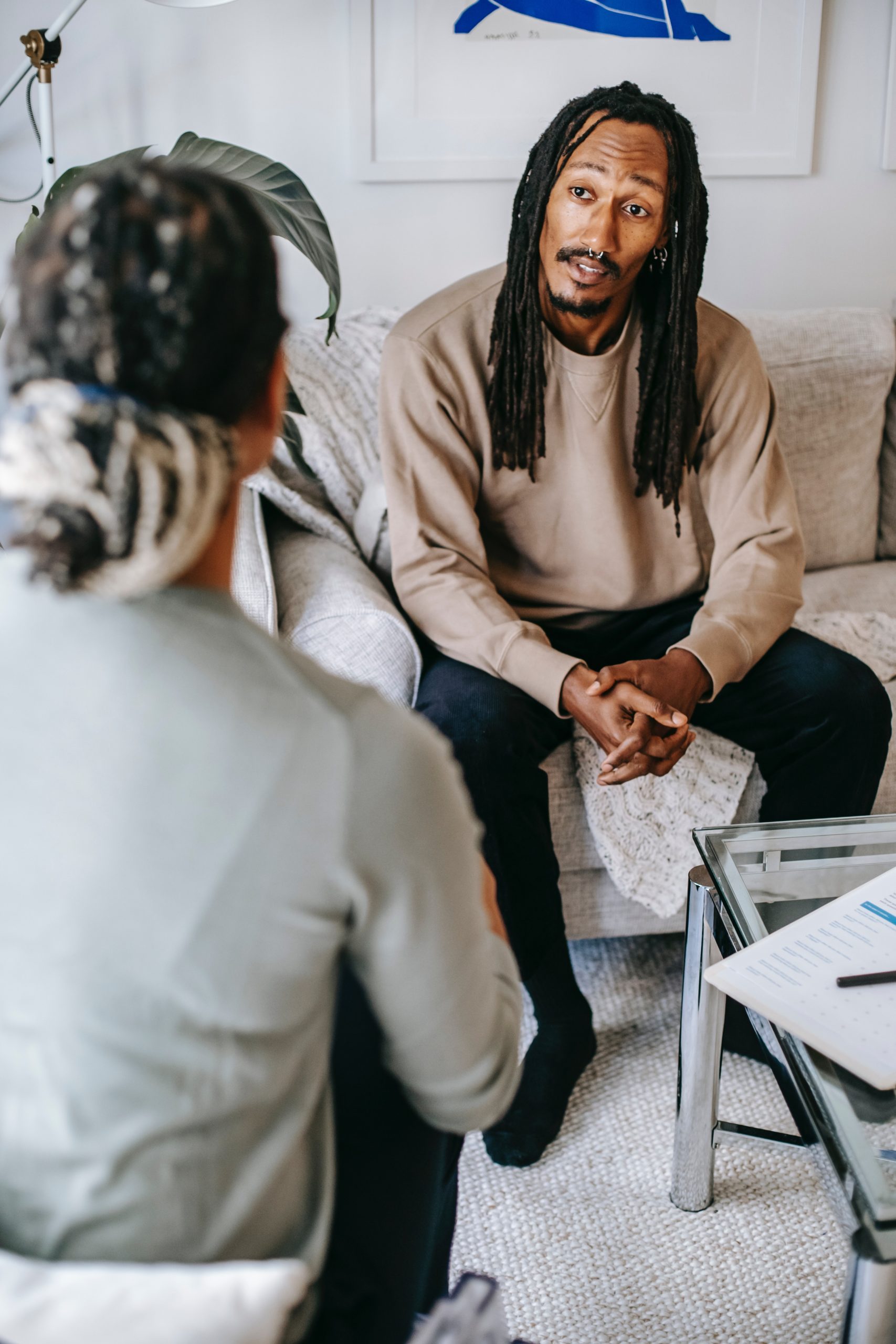Survivors see all sorts of practitioners for counselling. Some work privately and others work in agencies or organisations. There are lot of different approaches to healing that survivors find helpful. Not everyone chooses to go to counselling. If you do decide that you want to see a counsellor it can be hard to decide who to see. The other section ‘choosing a therapist’ is intended to help you choose.
The quality of the relationship the practitioner establishes with you, and you establish with them is crucial. This is true for anyone who sees a counsellor or therapist. It is particularly important for survivors. As survivors have been harmed in relationships, healing also occurs in relationships. Building a relationship of rapport and trust is critical.
Studies show that the type of therapy or counselling is not the main element that helps us heal. It also doesn’t matter if you see a social worker, mental health nurse, psychologist, psychiatrist, counsellor, psychotherapist or other sort of practitioner. It is of course important that the practitioner is experienced and trained in working with adult survivors of complex trauma, including childhood trauma and abuse. That’s because of the particular needs survivors of complex trauma.
At times any therapeutic or counselling process can be uncomfortable. That’s because of the issues being explored. This is particularly so when they relate to traumatic experiences.







